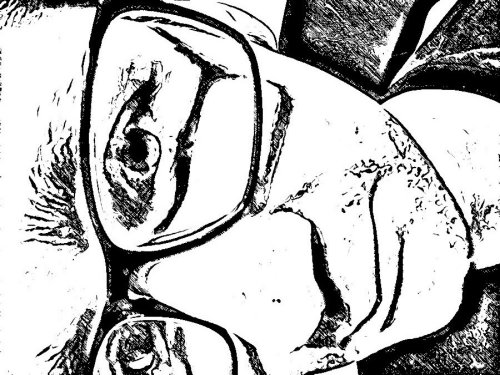Why to not be a startup founder
I learned to program computers at a young age, and for a while I felt fortunate that I already knew what I wanted to do for my career. Since then I've learned that there are many different ways to have a coding career; I haven't been able to fully escape the ordeal of figuring out what to do with one's life.
I think it's useful to think about criteria for success—what criteria in a given career path define success, and do those criteria match up with what you personally care about?
I'll give some examples. I like this model that Jason Crawford has discussed:
Broadly speaking, there are three domains of activity important to technological progress: science, invention, and business. Science discovers new knowledge; invention creates useful machines, chemicals, processes, or other products; and business produces and distributes these products in a scalable, self-sustaining way.
Applying these three areas to my criteria idea: in science, you're successful if you create new knowledge; in invention, you're successful if you create something useful; in business, you're successful if you make money.
There is often overlap of course. Successful startup founders often create something useful, for instance. But that's not what defines success: if you make a derivative but not-yet-widely-adopted product and you figure out how to market it effectively, you're a successful business person. If you do the opposite—create something novel and useful, but fail to turn it into a profitable business—then you might be a successful inventor, but you're not a successful entrepreneur.
So you need to think about what motivates you and decide what kind of career path most closely aligns with those motives. Back when I was a full-time entrepreneur, I personally would have loved to be both a successful inventor and a successful founder. But I gradually realized that if given the choice between one or the other, I'd rather be the inventor. In a similar vein, I realized several years prior during my undergrad that I care more about building things than creating new knowledge, and thus grad school/research didn't seem like the right thing to do.
On the other hand, if finding and filling a gap in the market is what makes a particular idea interesting to you, then maybe entrepreneurship is your calling.
Either way, a corollary of my "criteria for success" framing is that ambition is not the main thing that defines a career in entrepreneurship. I think you can be ambitious in just about any career path you choose. Better to let other factors determine which path you take.
Unfortunately for those of us interested in invention, there isn't actually a good career path for that, which was the whole point of Jason's essay. So most of us on this path will have to make do with some combination of entrepreneurship and regular employment. Maybe you'll be able to find a role you find creatively stimulating; maybe you'll have to take a day job that's more of a means to an end. We'll probably all have to wander around in the dark for a while.
Maybe that's not all bad. Invention is so open-ended, it's a little difficult to imagine what an established career path for it would even look like. Some successful inventions may turn into businesses, but not all. Wikipedia wasn't a startup idea. Neither was Linux, or Clojure. Rich Hickey is one of my favorite role models actually:
I started working on Clojure in 2005, during a sabbatical I funded out of retirement savings. The purpose of the sabbatical was to give myself the opportunity to work on whatever I found interesting, without regard to outcome, commercial viability or the opinions of others.
If you like the idea of invention, I think it's helpful to not put yourself in a box. You're working on an interesting project, and maybe it'll turn into a startup, but that's not the goal. Maybe it'll help introduce you to your next employer. Maybe it'll be appreciated by a small, tight-knit community. Maybe it'll turn into the next Wikipedia.
Published 10 Oct 2022

